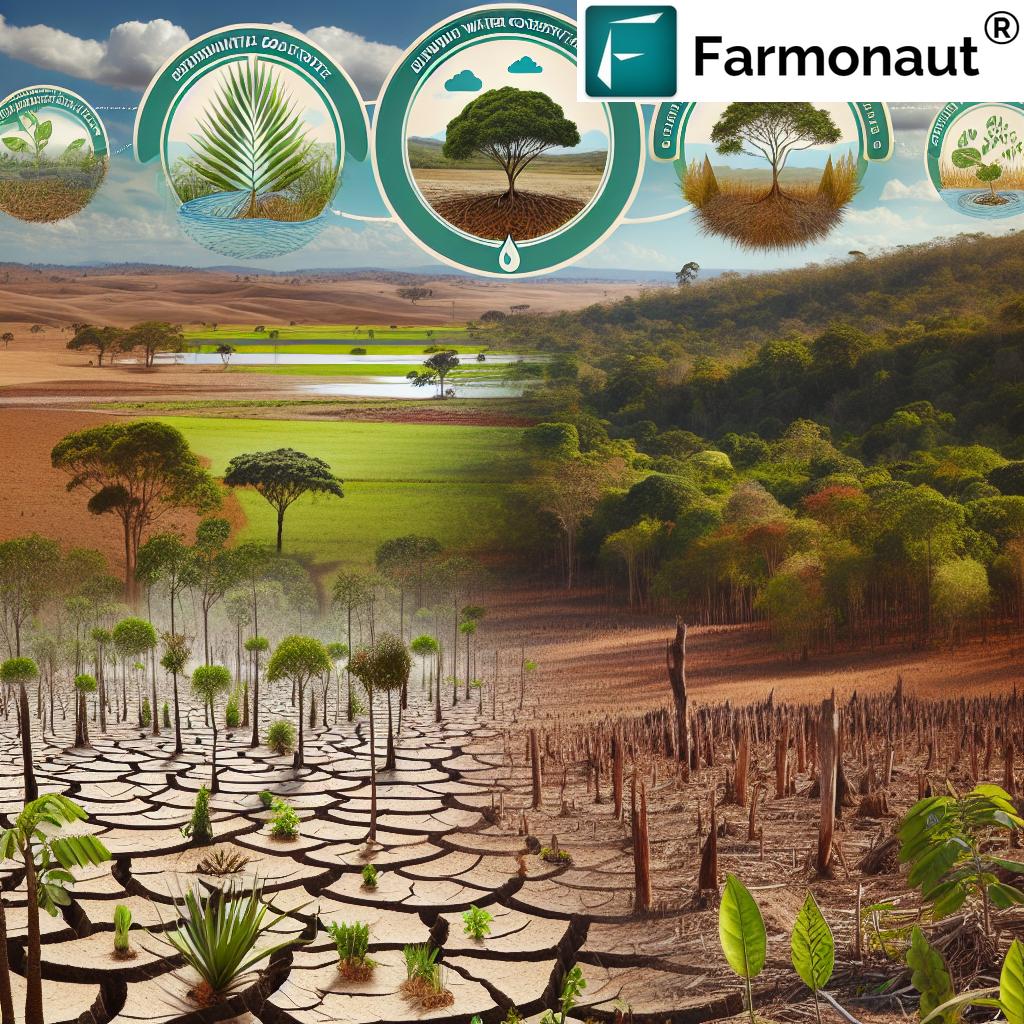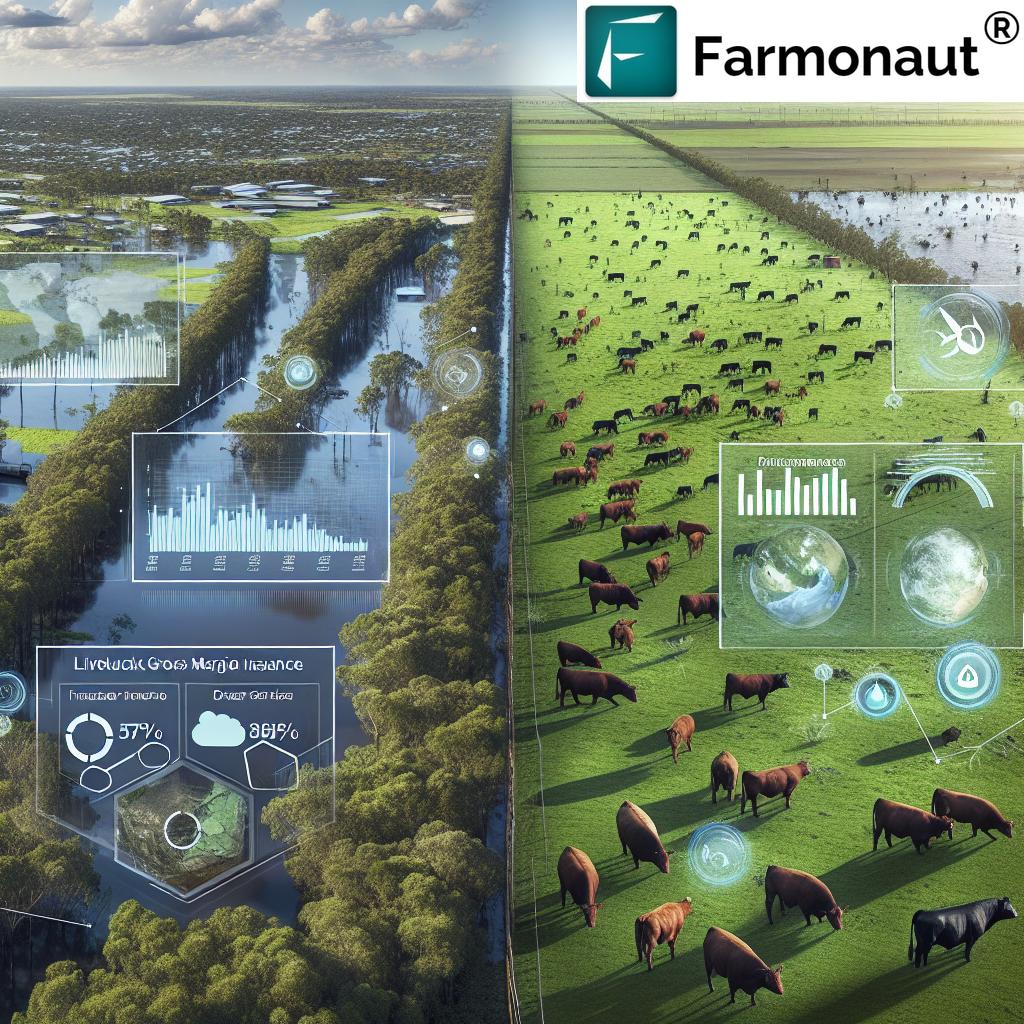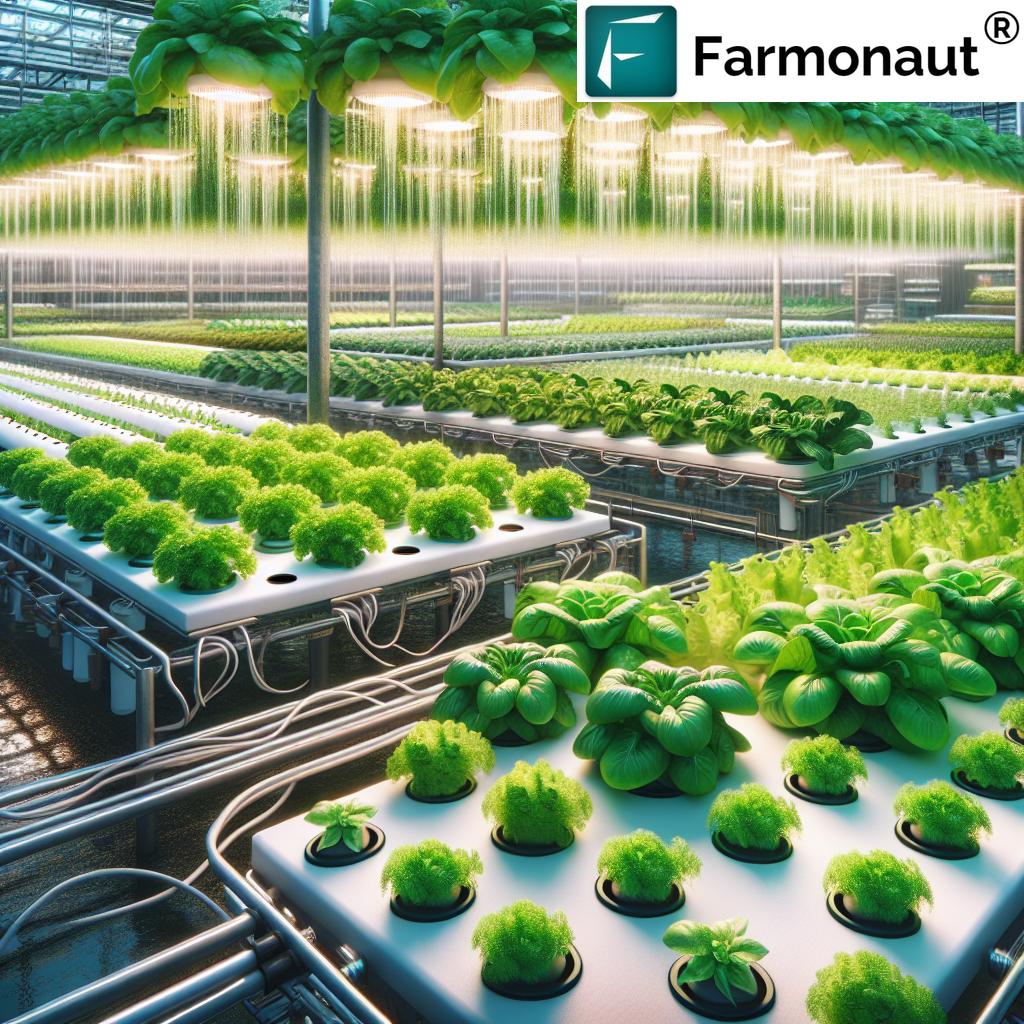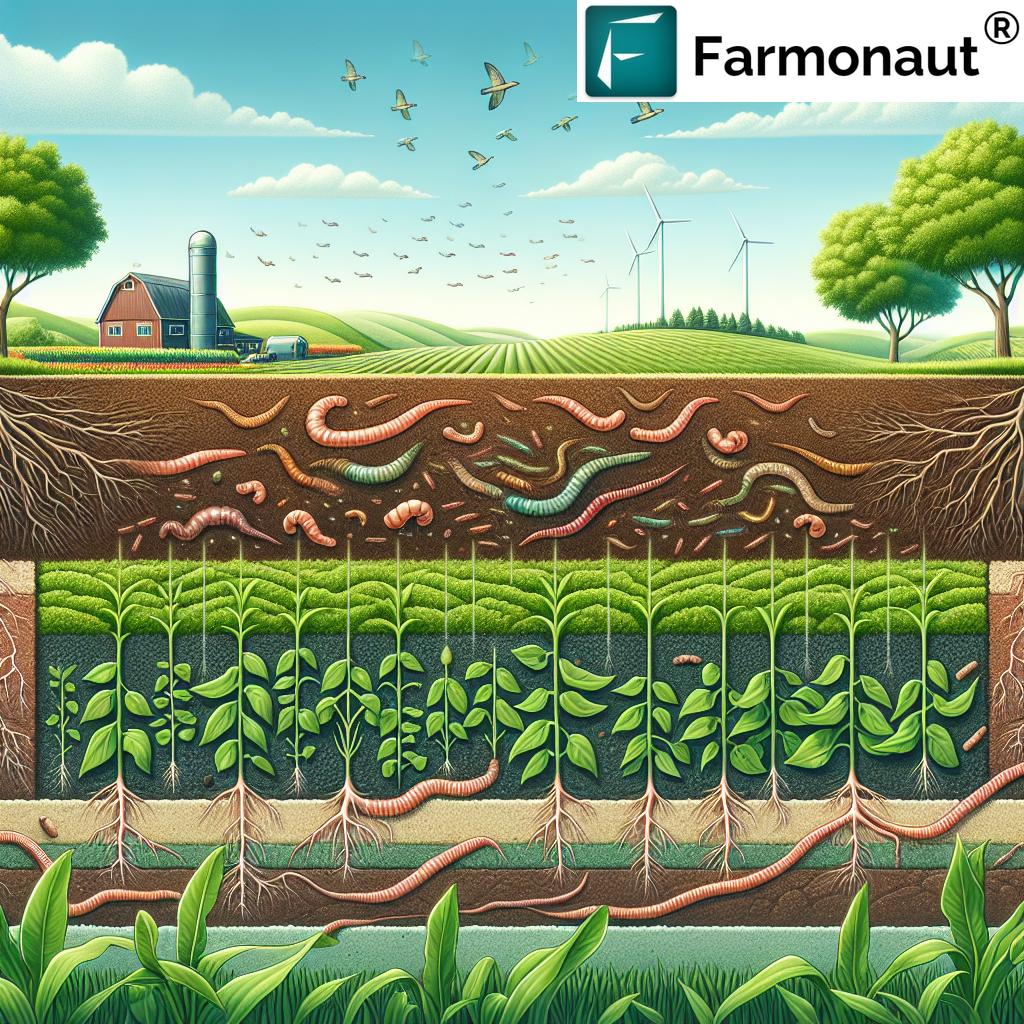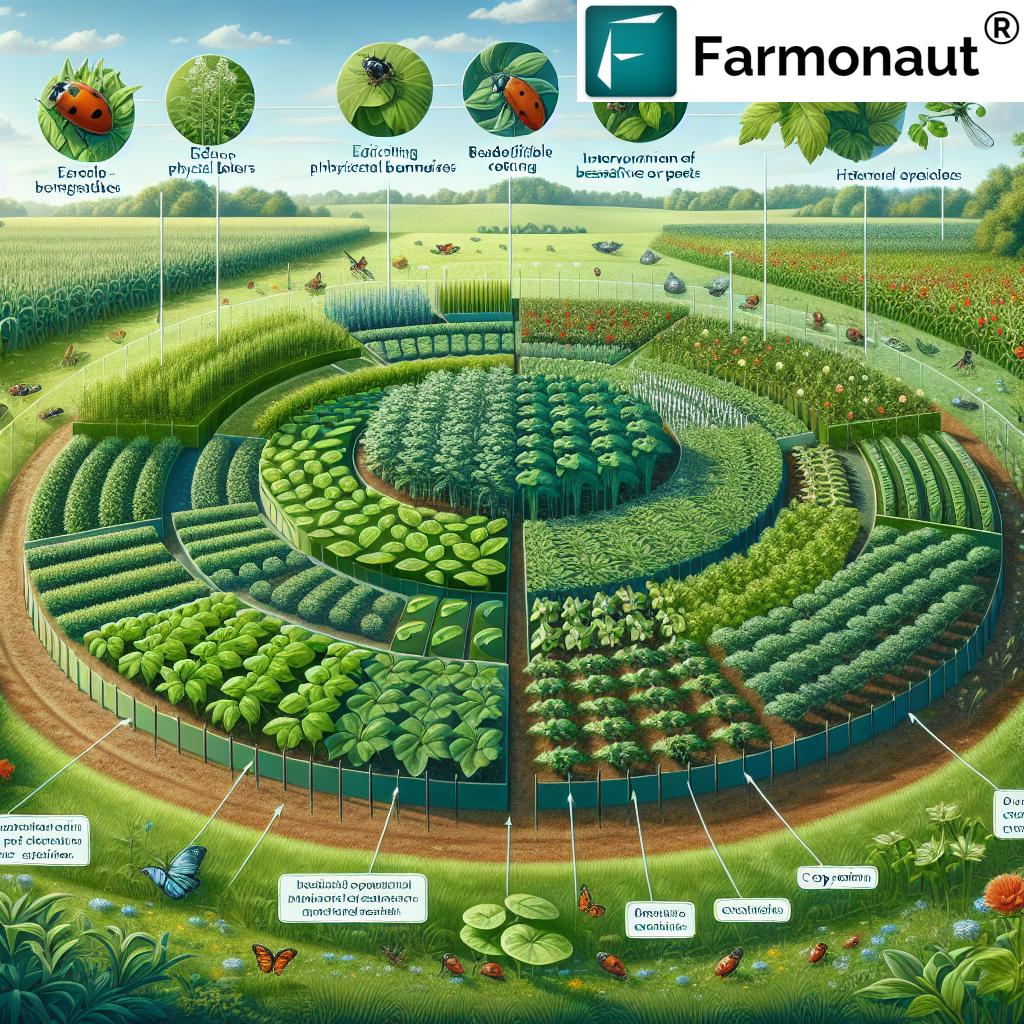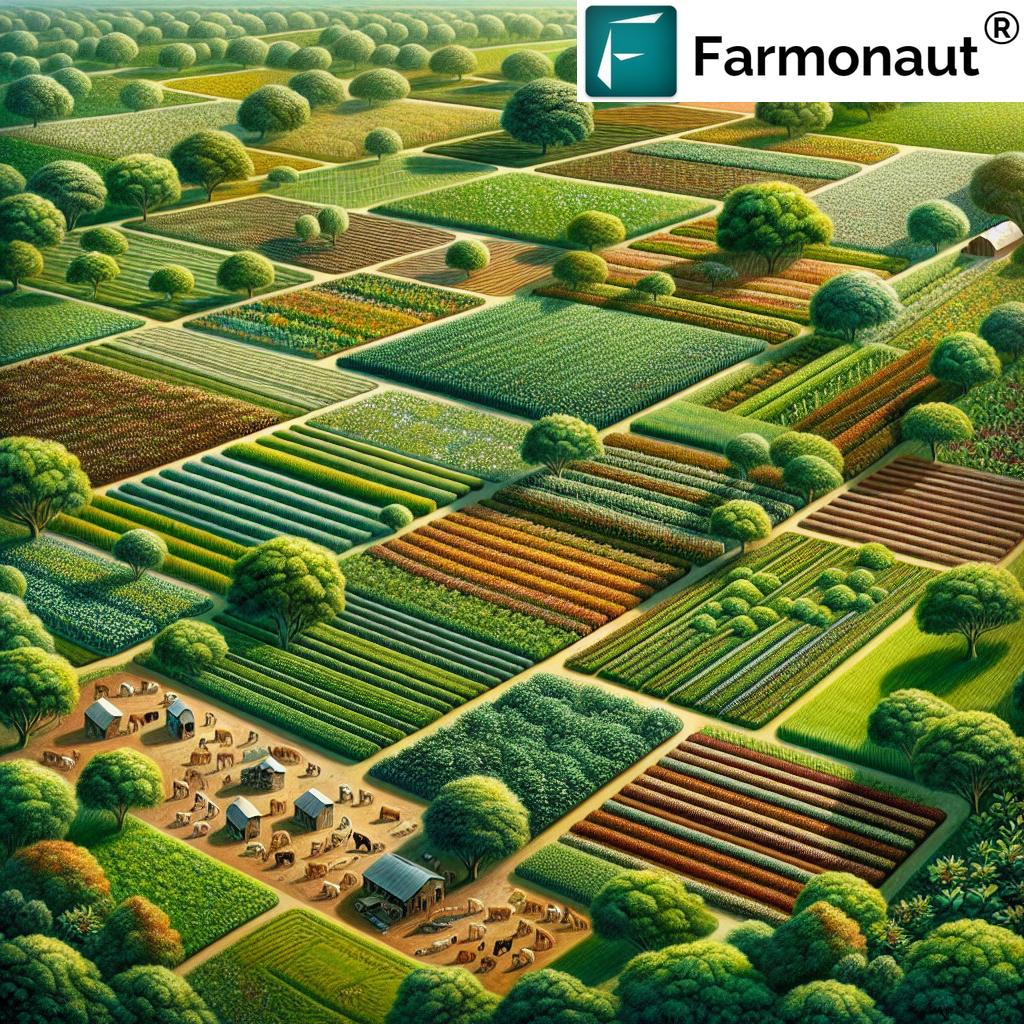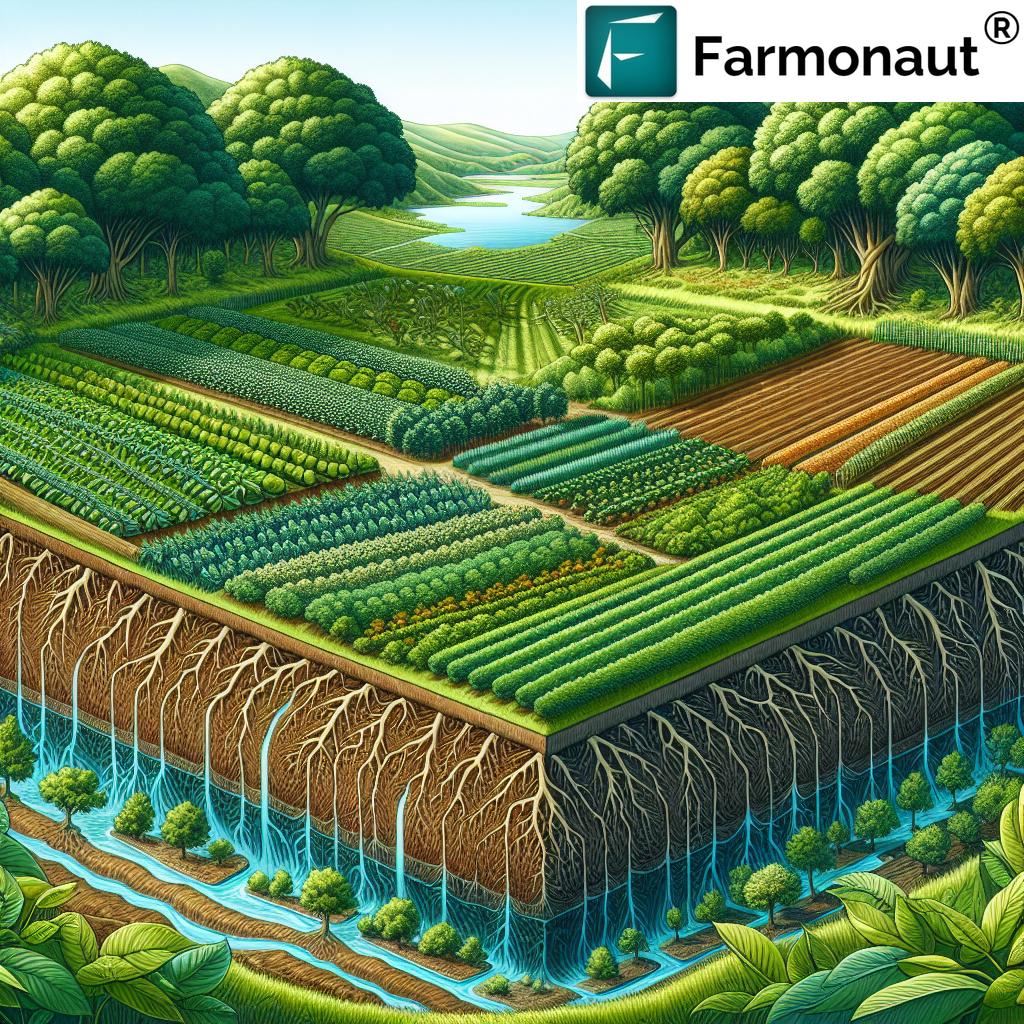
Farmonaut® is excited to announce a significant achievement in its journey. Farmonaut has been actively supporting RBM Farms by utilizing the cutting-edge Satellite-Based Crop Health Monitoring technology to effectively manage and monitor extensive castor plantations throughout the state of Gujarat.
Satellite-Based Crop Health Monitoring technology allows for the remote monitoring and analysis of crop health using satellite imagery and advanced algorithms. This innovative approach provides real-time insights into the condition of crops, enabling farmers to make data-driven decisions and optimize their farming practices.
In the case of RBM Farms and their castor plantations in Gujarat, Farmonaut® has leveraged this technology to closely monitor the health and growth of the crops. By regularly analyzing satellite imagery and detecting subtle changes in vegetation indices, such as NDVI (Normalized Difference Vegetation Index), Farmonaut® can assess the overall health and vigor of the castor plants.
Castor is an important crop in India, especially in the state of Gujarat. Castor farming has been a significant source of income for farmers in Gujarat for years. However, castor farming is a challenging task, and farmers often struggle with crop management, yield optimization, and marketing. To address these challenges, Farmonaut has partnered with Roha Farms to provide expert advice and farm management services to farmers in Gujarat.
Farmonaut’s advanced analytics platform provides real-time crop monitoring and management services that help farmers:
- To make data-driven decisions,
- optimize yields, and
- reduce crop loss.
With this engagement, Farmonaut will leverage its expertise to provide customized services to Roha Farms, including:
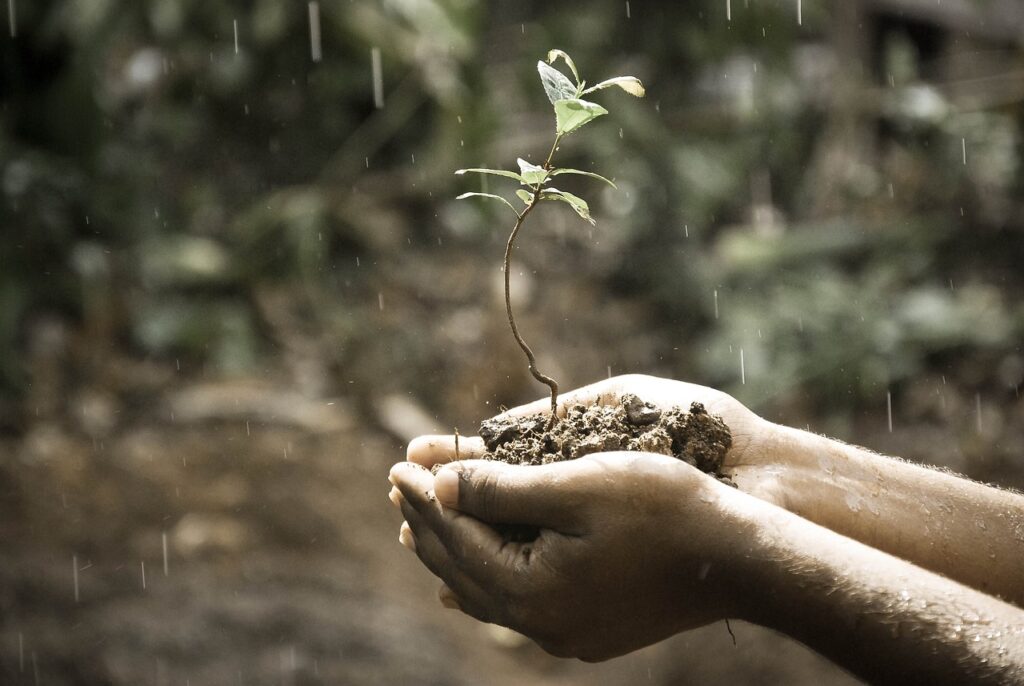
Soil Health Analysis
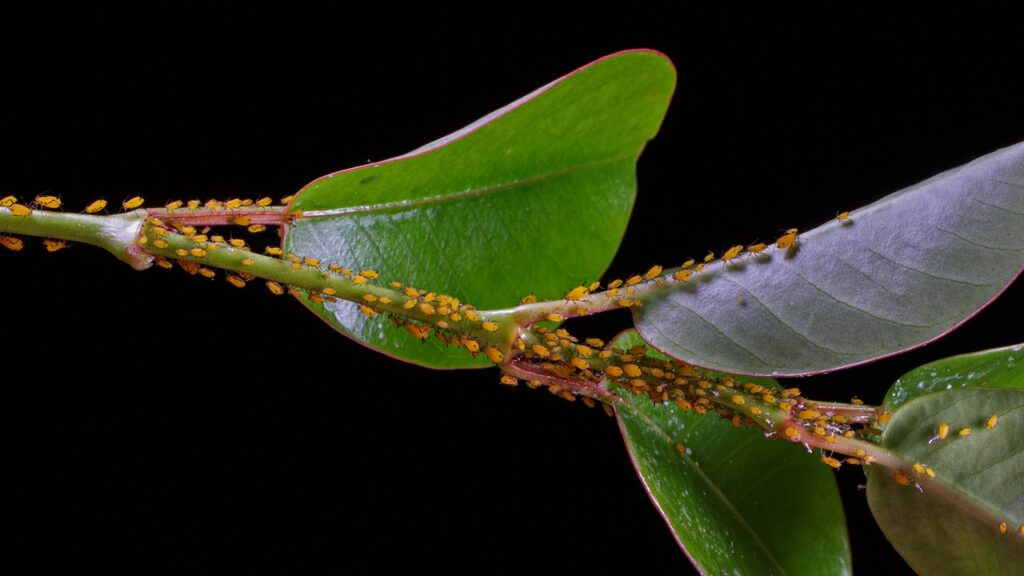
Pest and Diseases management
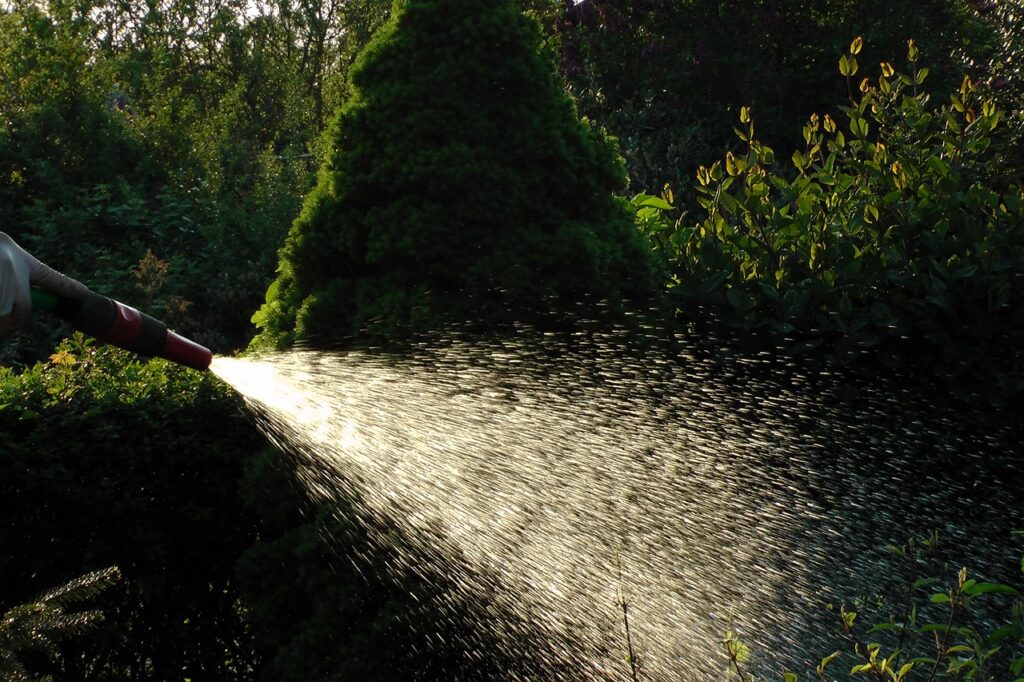
Irrigation Management
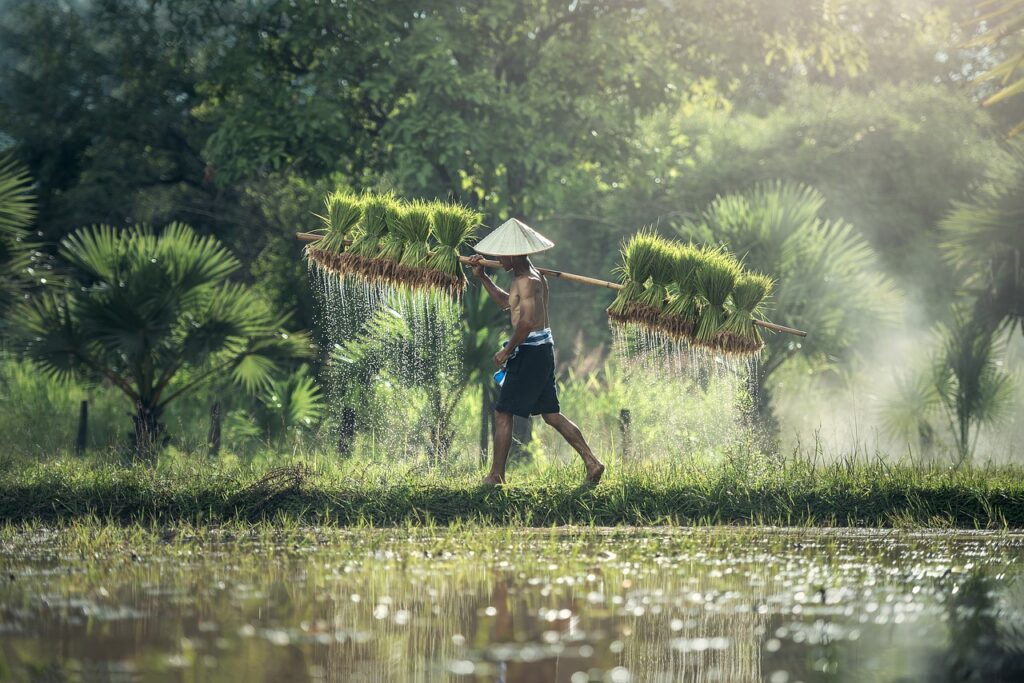
Yield Optimization
By monitoring the crop growth and health, the platform can help identify potential issues early on, enabling farmers to take corrective actions to prevent crop losses.
What does the Partnership between Roha Farms and Farmonaut Brings to the Table?
The partnership between Farmonaut and Roha Farms is a significant step towards sustainable and profitable castor farming practices in India. The engagement provides farmers with advanced analytics, customized farm management services, and farmer training programs. By leveraging technology, Farmonaut is helping farmers overcome traditional farming challenges and adopt sustainable and profitable farming practices that benefit both the farmers and the environment.
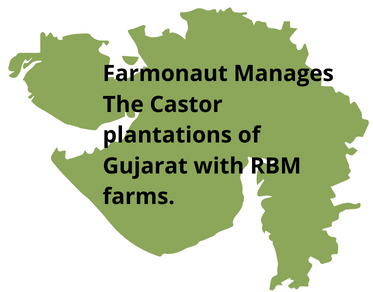
Over the course of the past eight months, Farmonaut has effectively supervised and controlled an extensive area of farmland spanning over 2000 hectares. Through the utilization of our cutting-edge satellite technology, we have been able to identify possible problems that may arise and have the potential to negatively affect the productivity of the crops. By identifying these issues at an early stage, we are able to implement timely and effective measures to mitigate their impact on the overall yield of the crops. This proactive approach ensures that any adverse effects are minimized, resulting in optimized productivity and enhanced agricultural outcomes.
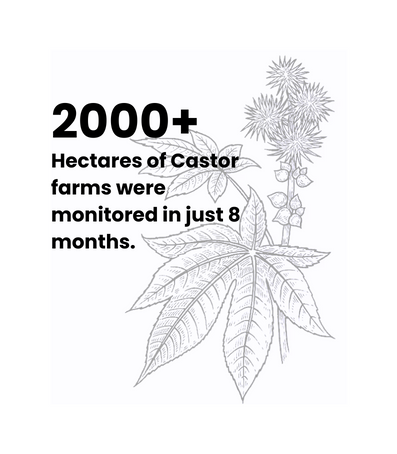
The platform uses smart applications of iot in agriculture to obtain satellite imagery, weather data, and other factors to monitor the crop growth, identify potential issues, and provide recommendations to farmers. By providing these services, Farmonaut has helped Roha Farms promotes sustainable agricultural practices by optimizing their crop yields, minimizing the crop losses, and improving overall farm management.
Real-time crop monitoring is a key aspect of Farmonaut’s engagement with Roha Farms. Through the integration of sensor technologies, such as drones and IoT (Internet of Things) devices, the farm fields are continuously monitored for various parameters like temperature, humidity, soil moisture, and nutrient levels. This data is transmitted to the analytics platform in real-time, enabling immediate analysis and identification of potential problems.
Early warning systems are put in place to detect and alert farmers about any emerging threats to the castor crops. By employing machine learning algorithms, the system can recognize patterns and anomalies that indicate pest infestations, diseases, or other stress factors. Timely alerts allow farmers to take proactive measures, mitigating the risks and minimizing crop losses.
Precision agriculture techniques are at the core of Farmonaut’s monitoring and management practices. By using GPS technology and geospatial data, farmers can precisely target specific areas of the farmland that require attention, rather than adopting a blanket approach. This approach optimizes resource utilization, such as water, fertilizers, and pesticides, reducing waste and minimizing environmental impact.
Moreover, precision agriculture enables variable rate application, wherein inputs are customized based on the specific requirements of different areas within the farmland. This fine-tuning of inputs enhances crop health, minimizes costs, and maximizes yields, resulting in improved overall farm productivity.
Conclusion:
The long-term multiyear engagement between Farmonaut and Roha Farms marks a transformative phase for castor farming in Gujarat. Through their collaborative efforts, innovative technologies, and customized solutions, they are poised to revolutionize the management and advisory services in the castor plantations of the region. With the successful monitoring of 2000 hectares of farmland in just eight months, the partnership showcases the potential for sustainable farming practices driven by data-driven decision-making. The impact of this collaboration extends beyond just increased yields and profitability—it promises a brighter future for Gujarat’s agricultural sector, its farmers, and the environment.



